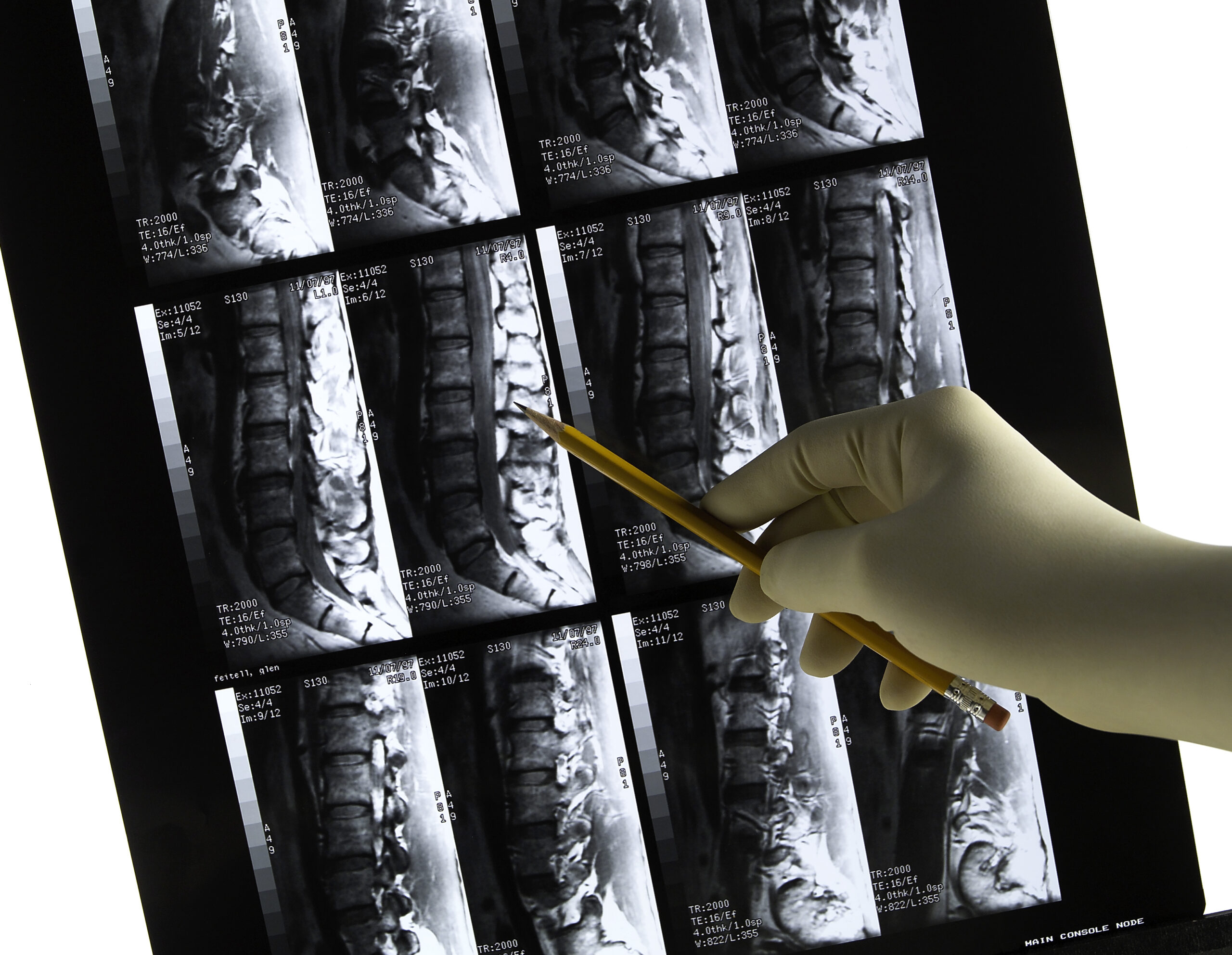
Health News
Features
-
Pop Quiz: Osteoporosis Can Sneak Up on You. Are You at Risk?
Breaking a bone is scary enough for anyone, regardless of age. So imagine how frightening it can be to know that your bones aren’t nearly as strong as when you were younger! Unfortunately, that’s a reality for people who suffer from osteoporosis. The condition is often an underlying factor when seniors suffer broken bones. Take…
-
More Than Man’s Best Friend
Maguire Schmid Finds Perfect Partner in Diabetic Alert Dog by TIM CRAIG photos by MICHAEL WILSON Maguire Schmid remembers his first encounter with a Diabetic Alert Dog. It was about seven years ago at a festival. One of his friends who has type I diabetes had one. “I had no idea they even existed until…
-
Pop Quiz: Do You Know the Signs and Symptoms of Endometriosis?
Pain and discomfort during menstruation are common symptoms women experience, but severe pain and other symptoms during your period may be a sign of endometriosis. This condition may be dismissed as severe symptoms during menstruation, so it is important to recognize the signs and symptoms of endometriosis so you can see your doctor and treatment…
Columns
-
Your Eyes Are the Windows to Your Health
by DR. SELINA LIN Did you know that countless medical conditions can be detected during an eye exam? The most common medical diagnoses detectable are diabetes and hypertension. These medical diagnoses can cause hemorrhages and swelling in the retina that may need treatment. Worsening eye findings could indicate deteriorating disease processes in the body and…
-
Photodynamic Therapy Effective in Fight Against Skin Cancer
Photodynamic therapy (PDT) is a medical treatment used to treat precancerous cells, as well as other conditions. It can be used on the skin, eyes, mouth and lungs. The treatment involves using a medicine, such as Levulan Kerastick®, either topically or inside the body, followed by a blue light source to activate the drug. One…
-
Risk Factors for Peripheral Arterial Disease
September is Peripheral Arterial Disease awareness month. PAD is a chronic condition affecting 20 million people in the U.S. If left untreated, it can result in unnecessary limb amputations. This has been seen disproportionately in people from minority communities. It involves a buildup of plaque in the arteries— much like how your kitchen sink builds…





